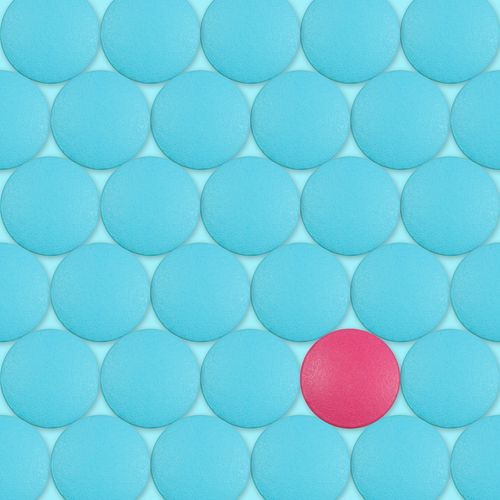Flibanserin Resubmitted To FDA: Pink Viagra Not Going Down Without A Fight

Sprout Pharmaceuticals will resubmit a new drug application to the Food and Drug Administration (FDA) for flibanserin, an experimental drug for the treatment of premenopausal women suffering from low sex drive. Currently, there is no FDA-approved treatment for this condition. When the FDA rejected its original new drug application, Sprout requested a formal dispute resolution which was resolved yesterday with the recommendation of two additional Phase I drug interaction studies and a Phase I driving simulator study. “We are encouraged by the FDA’s response and view it as a significant step toward the approval of flibanserin," said Cindy Whitehead, president and chief operating officer of the North Carolina-based company.
Each of the two new studies is expected to include approximately 25-50 healthy volunteers. “With data in over 11,000 patients to date, we are confident that further supporting the predictable risk/benefit profile of flibanserin will result in women having the first ever treatment for the most common form of female sexual dysfunction,” Whitehead stated in a press release. The company plans to resubmit to the FDA by the third quarter.
A common form of sexual dysfunction, hypoactive sexual desire disorder (HSDD) is a persistent lack of sex fantasies and desire for sex that causes distress or relationship difficulties. For a doctor to diagnose HSDD, the problem must not be better accounted for by another medical condition or psychiatric disorder, such as depression. Substances and medications, including antidepressants, commonly cause sexual dysfunction, so these must also be ruled out before diagnosing HSDD. Although general prevalence is difficult to determine, one large survey conducted in the U.S. found that about 10 percent of premenopausal women reported low sexual desire with associated distress.
The company describes flibanserin as a non-hormonal drug that works on key neurotransmitters affecting sexual desire. In particular, flibanserin is said to increase dopamine and norepinephrine, which are responsible for sexual excitement, while decreasing serotonin, which causes sexual inhibition. Flibanserin has been studied for its ability to increase the frequency of satisfying sexual events, to increase the intensity of sexual desire, and to decrease the distress women feel from its loss. The most frequently reported side effects were somnolence, dizziness, and nausea, which led to nearly 10 percent of the women discontinuing the drug. Treatment of HSDD with flibanserin has been studied in both premenopausal and postmenopausal women, though the current FDA application is for premenopausal women only. A spin-off from Slate Pharmaceuticals in 2011, Sprout Pharmaceuticals is focused solely on the delivery of a treatment option for the unmet need of millions of women with HSDD.



























